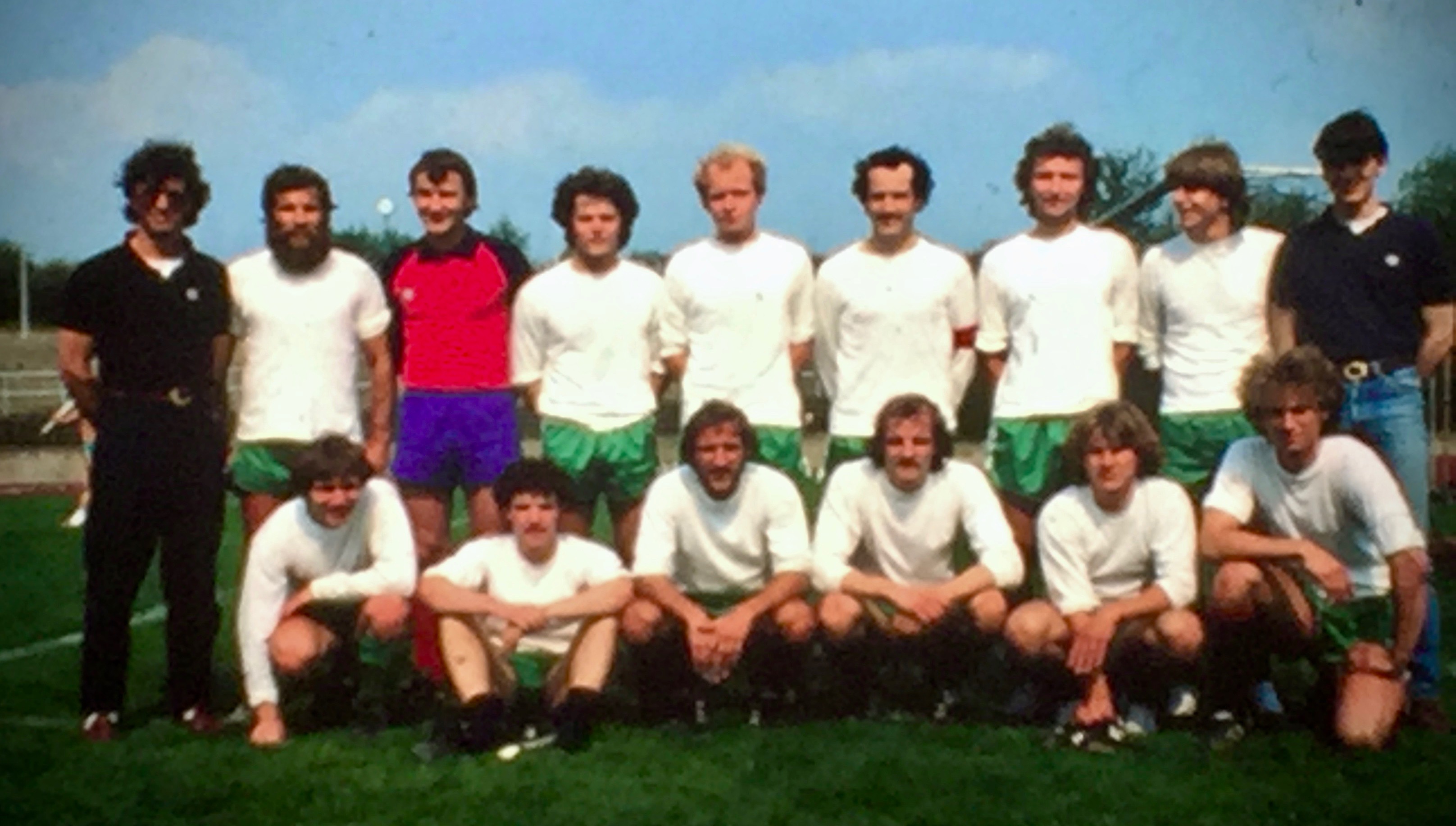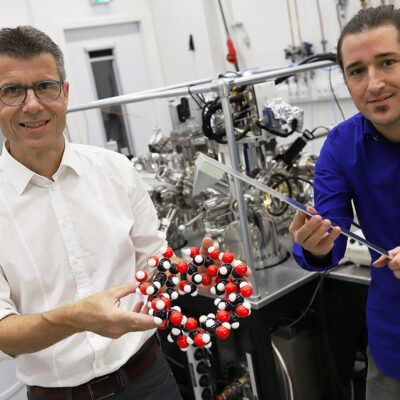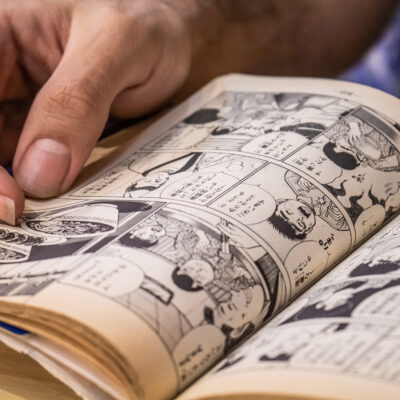People make decisions every day—and this involves controlling their impulse to react to stimuli automatically. Instead, actions are weighed voluntarily and then carried out—within milliseconds. However, what happens when people have to make decisions under time pressure? A psychologist at Bielefeld University’s Center for Cognitive Interaction Technology (CITEC) has been looking into this question. In one study, he found out that this voluntary weighing does not occur for a brief period of time when people are under time pressure. We had three questions for Dr Christian Poth.
In your study, you put participants under time pressure. What did this show?
Acting under time pressure puts participants into a specific mode: for a certain period of time, they lose control over the actions that they have already prepared for themselves cognitively in order to perform their current task. People in this mode do not necessarily act according to their intention; they are diverted from their original intention by stimuli in the environment. This leads them to perform the wrong action within their task. When the time pressure is removed, control over the intended actions is also restored.
Under what conditions did you find this loss of control?
In the laboratory, participants were presented with an arrow on a screen in a long series of trials. This arrow was displayed on either the right- or left-hand side of the screen. They could also press a left- and a right-hand button. Their task was to press the button that matched the direction of the arrow—regardless of which side of the screen the arrow appeared on. They had to answer under time pressure, because they had to produce their answer within a set time limit. If the given time limit was short and the time pressure was accordingly high, participants reacted predominantly in line with the side on which the arrow was displayed. They took far less account of the arrow’s direction, despite their intention to respond to this direction when pressing the button. Under time pressure, the spatial location of the stimulus weighed more than the participant’s own intention.
What role did time pressure play in the experiment and what does that mean for everyday life?
It is only the time pressure that puts participants in this special state: it is the decisive factor. It briefly increases their proneness to act automatically, while their intentional actions decrease. In the experiment, it was a matter of milliseconds—but for processes in the brain, that is a very long period of time. This shows how a temporary time pressure can have a massive influence. For a short time, time pressure turns us into zombies. For everyday life, the results are relevant for situations in which decisions have to be made under great time pressure. This is the case in sport, for example, when goalkeepers mentally prepare to jump in one of two directions—right or left—in response to a penalty kick. In the short time during which the opposing player is running up to the ball, the goalkeeper has to decide in which direction to jump. Within this period, there seems to be a time window in which goalkeepers predominantly use conspicuous stimuli for their decision—for example, a movement of the penalty taker in one of the two directions or even a sudden movement to the right or left in the background that has nothing to do with the penalty taker.






